News from AACR 2024: Sunday’s highlights
Drug Discovery World
APRIL 8, 2024
Following this, Benjamin Cravatt, Professor and the Norton Gilula Chair in Biology and Chemistry at The Scripps Research Institute, discussed activity-based protein profiling (ABPP) and its use in discovering drug candidates for cancer-relevant proteins.


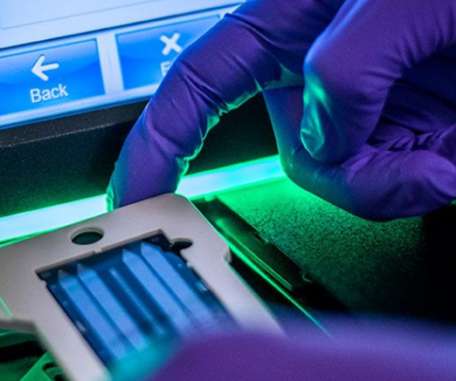
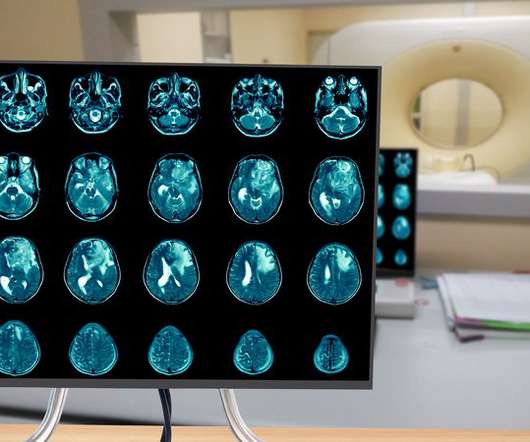
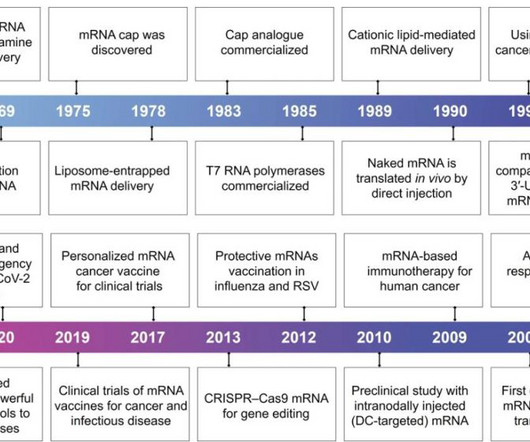

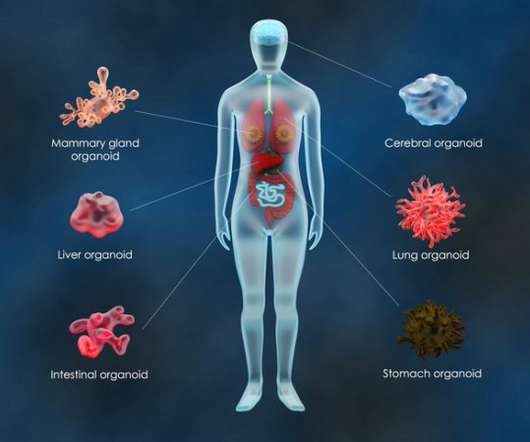

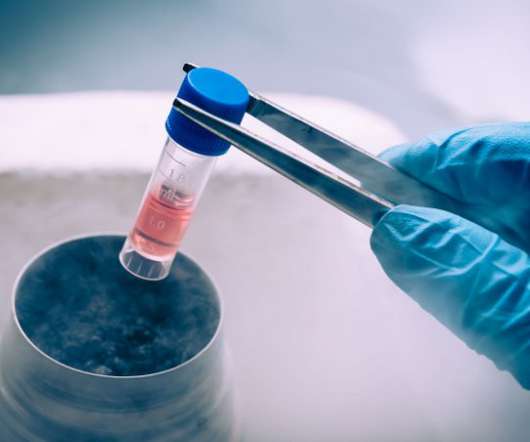
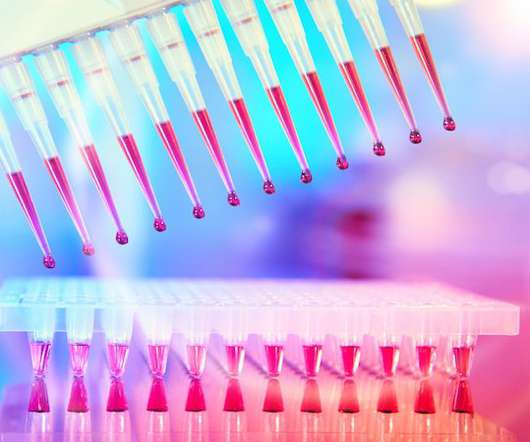








Let's personalize your content